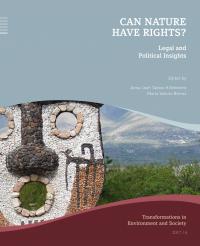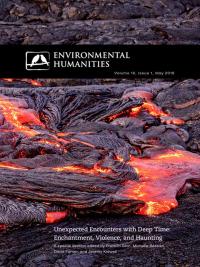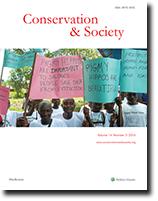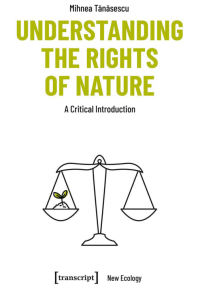Encyclical Letter Laudato Si’ of the Holy Father Francis on Care for our Common Home
In his Encyclical Letter Laudato Si’ Pope Francis invokes all humans, believers and non-believers alike, to work together to save the earth from environmental degradation and create a fair and sustainable future for all.










